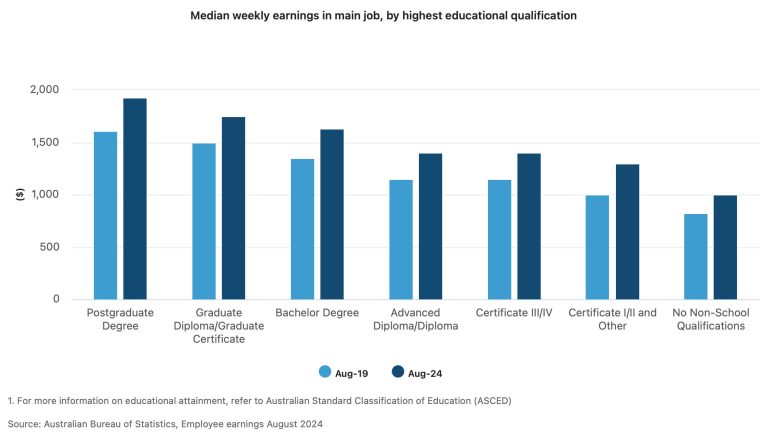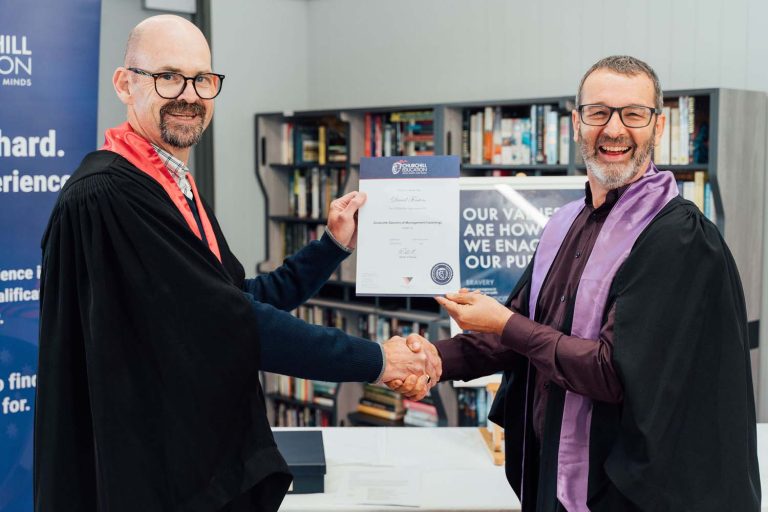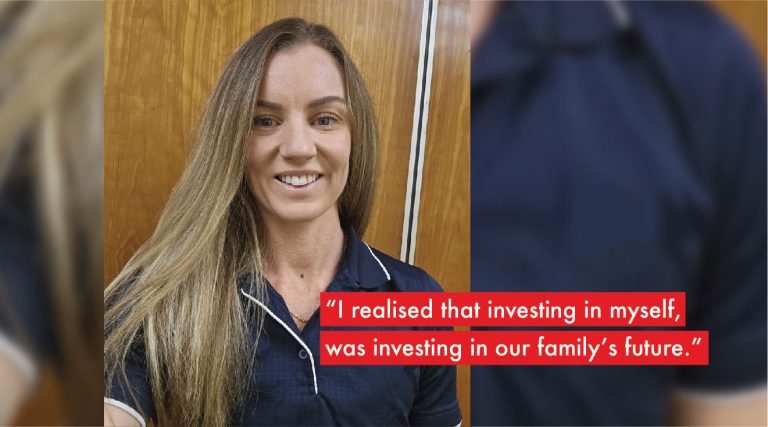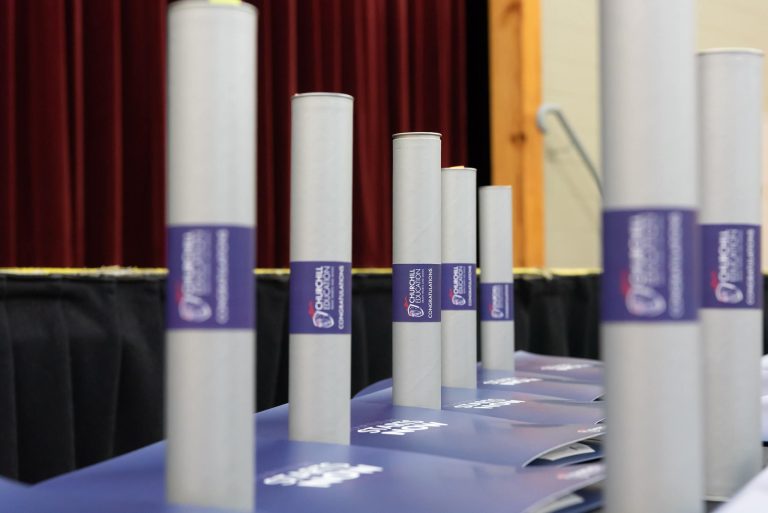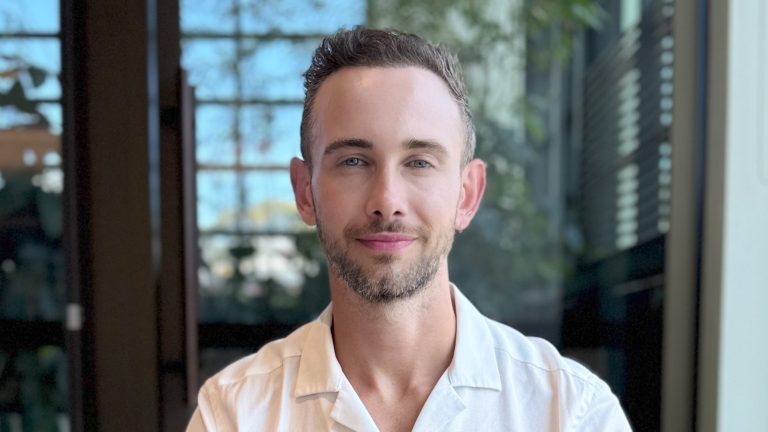Money… Whenever we talk about a career with people ringing us each day to apply for recognition of their life experience through Recognition of Prior Learning, the question of money always seems to be hanging around after it like a bad smell.
Often it’s the one thing that stops us from pursuing the one type of work we would truly love to do. We sit on our existing job, not necessarily happy and not realising how much of an asset recognition of prior learning could be. How many of us have spent years, toiling away in an unenviable position just to ensure that the same amount rolls into our bank account each week?
According to numerous surveys, money is the number one concern for people thing about a career change.
And strangely, as Steve Bohler from the Oxford Program points out, it’s not always a lack of money that stops us (from doing what we love) but rather an abundance of it. If I make a change, can I make the same money? We associate having less or downsizing our lifestyle as failure.
Yet we congratulate those who do the work they love, because we don’t!
Find out what you’re eligible for
Of course, there are good reasons why you want a good, steady income. So the big question is whether you can have the best of both worlds? Can you make money from pursuing the thing that you really want to do?
Steve Bohler, in his great article on this subject, has this to say:
“It probably seems risky to commit yourself to loving your work when there are so many around you that seem so content with settling for less. However, the voice that tells you that you have to sell out or abandon your dreams to make a good living is a traitor or a liar.
It sounds too good to be true, but research shows that changing careers to pursue the job you love could actually make you more money.”
Read on to find out why…
The common misconception is that you can only receive wealth as a result of doing things you don’t want to do. This is untrue and goes against the facts. In Getting Rich your Own Way, financial consultant Srully Blotnick concluded, after a twenty year study of over a thousand men and women, that if you don’t like your job, you are losing money. Lots of it.
In 1960, a researcher interviewed 1500 business school students and classified them into two categories: those who were in it for the money (1245 of them) and those who were going to use their degree to do something they cared deeply about (255 people).
Twenty years later, the researcher checked on the graduates and found that 101 of them were millionaires and all but one of those millionaires came from the 255 people who had pursued what they loved to do!
Joseph Campbell describes a ‘natural intelligence’ that exists when you choose a Natural Vocation. If you follow your bliss, you put yourself on a kind of track, which has been there all the while, waiting for you, and the life you ought to be living is the one you’re living, doors begin to open for you where there were no doors and where they would not open for anyone else.
So, it appears that following what you love is actually the best way to make money!
If you’re still afraid of the financial consequences of making that leap into a new career, ask yourself whether you look forward to getting up and going to work each day? Are you potentially limiting your earning capacity by not using your talents?
And then consider a plan.
You don’t have to necessarily enter a career at the lowest level. Your previous experience may have a lot of value.
It could be your first step to real fulfillment and a better salary! Contact us to find out how Recognition of Prior Learning could help put you on the path to where YOU want to be.

